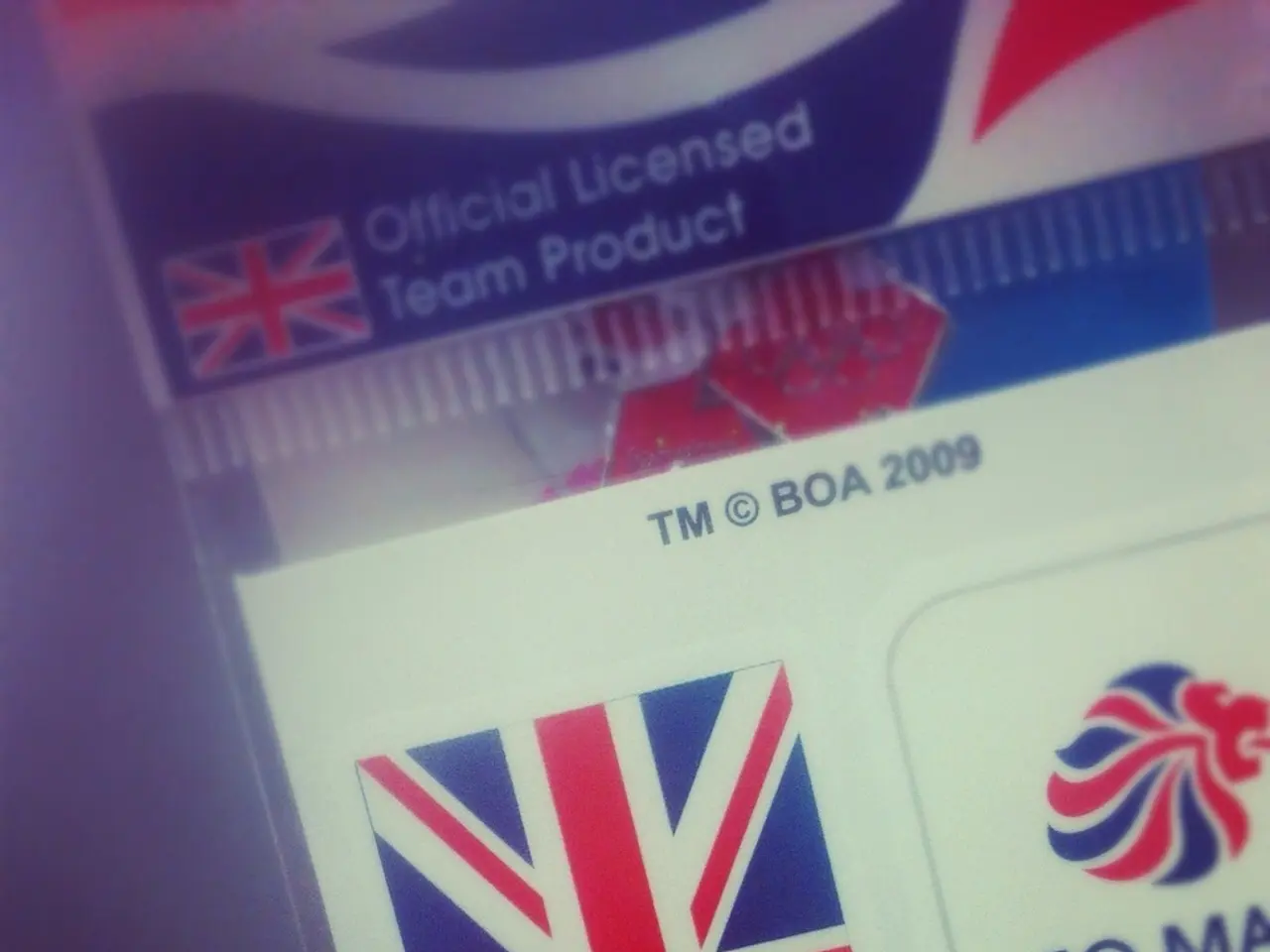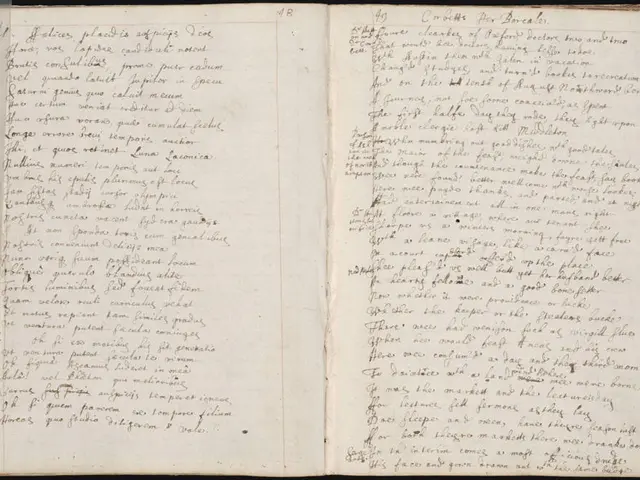Guidelines for Registering Trademarks Across Various African Nations
In the dynamic African business landscape, registering and managing trademarks can be a complex task due to the various regional systems and national laws. However, understanding these systems and working with local legal experts can help streamline the process.
Firstly, it's crucial to allocate a budget for multi-year renewal fees in advance. This will ensure that trademark registrations remain active and protected.
To decide which system suits a business best, consider target markets. For instance, ARIPO (African Regional Intellectual Property Organization) allows businesses to register trademarks in any combination of its member states, while OAPI (African Intellectual Property Organization) uses a unified system where a single registration automatically covers all its member countries. Some African nations are not part of either system, so national registrations may be necessary.
Developing a master calendar to track renewal deadlines across jurisdictions is also essential. Utilizing automated alerts to keep track of these deadlines can further simplify the process.
Following legislative changes in priority markets is also important. Adopting standardized version control for all applications can help ensure consistency and efficiency in the application process.
A centralized digital repository for storing trademark certificates, renewal documents, and Power of Attorney templates is invaluable. This not only keeps all important documents organized but also makes them easily accessible.
Building a network of trusted local IP professionals to support efforts is another key strategy. Maintaining detailed records of trademark use in each region is also important for monitoring and enforcing trademark rights.
In terms of trademark registration, ARIPO covers a group of member states primarily in Eastern and Southern Africa. OAPI, on the other hand, comprises 17 mostly West and Central African countries. Both systems offer regional trademark registration centralized at their offices, providing multi-state coverage through a single application. However, national systems operate independently within individual countries.
For instance, in Rwanda, applicants may register trademarks directly nationally via Rwanda Development Board, or alternatively file patents through ARIPO under the Harare Protocol. OAPI provides a single regional registration covering all its 17 members, while national filings require separate applications and procedures in non-ARIPO/OAPI countries.
Collaborating with local IP counsel to strengthen defense strategy and utilizing certified translators for trademark translations who are knowledgeable about local intellectual property terminology are also important considerations.
Identifying new markets where early trademark filings could be advantageous and exploring expansion possibilities in ARIPO and OAPI member states can also help businesses expand their reach.
Lastly, creating monitoring protocols tailored to each jurisdiction for trademark renewal deadlines and market activity, regularly reviewing IP office bulletins for updates on regulations, and promoting knowledge sharing between regional offices are all strategies that can help businesses navigate the complex African trademark landscape effectively.
- To stay informed about changes in the legal landscape and ensure consistent applications across all markets, it's advisable to adopt standardized version control for all trademark applications.
- In addition to ARIPO and OAPI, which offer regional trademark registration, it's important to explore expansion possibilities in non-ARIPO/OAPI countries by filing trademark registrations nationally, particularly in emerging markets with significant growth potential for education-and-self-development, technology, and general-news industries.







